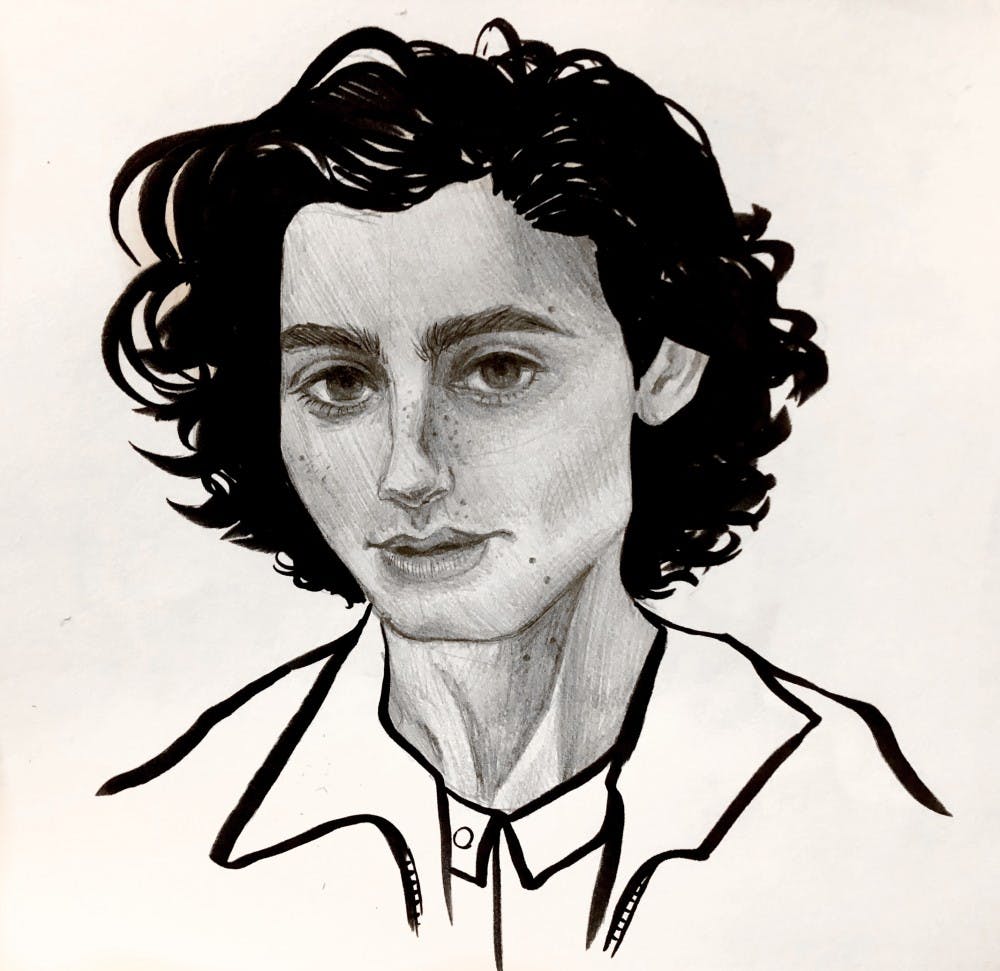When handling difficult, disturbing subject matter, a truly affecting film finds a way of addressing the seriousness of its content without spoon–feeding it to the audience. Beautiful Boy is a portrait of addiction, but also an exploration of just how far a family can bend before it breaks. It's about dark matters that seem a little buried by the film’s glossy exterior. There are moments, however, so wrought with a quiet kind of pain that the film transcends its somewhat thin use of dialogue and lack of deep introspection. Instead of following a wholly linear narrative, Beautiful Boy lets viewers look through the eyes of a father who watches his son fall into the merciless cycle of addiction by stringing together a series of moments. What saves this film from wasting its emotional impact is a structure that reflects the patterns of memory, transporting audiences into the headspace of a parent who feels growing dread and helplessness while he watches a person he loves destroy himself.
Based on a pair of memoirs by David and Nic Sheff, a father and son portrayed by Steve Carell and Timothée Chalamet, Beautiful Boy is tasked with recreating the family’s struggles with addiction without being banal or taking a turn for the melodramatic. The film succeeds in keeping true to the motions of life, neither forcing the story to fit narrative conventions nor attempting to create a standard build–up toward a momentous, dramatic peak. It all kind of simmers at the surface—the drama hangs in the air, just as Nic’s addiction is always just there, hanging over him, breathing down his neck. The film addresses the neurological basis for addiction, particularly when it comes to methamphetamine, which is the drug that spurs Nic’s movement from a casual user to an addict. The threat of relapse is always there, lurking in Nic’s psyche, etched into the pages of his journal, which is full of frightening imagery, fueling his father’s worries and helplessness. There are moments where David and Nic Sheff’s experiences are not as carved out emotionally as some audiences might expect; however, early investment in the characters provide fuel for an affecting emotional payoff.
The passage of time isn’t always clear in Beautiful Boy, disorienting the audience and adding to the general uneasiness that hangs in the gorgeous Northern California landscape and soft, warm lighting that give the film such beautiful visual texture. The use of music is also a layered experience of many genres, a storyteller in its own right even if at times it feels a little heavy–handed. There is something about the jigsaw puzzle structure of the film that makes it feel real, which, given the truth of its source material, allows for the drama to be more subdued without losing sight of just how dark and, frankly, terrifying parts of this film are.
The film, which is set over several years during Nic’s adolescent life, is characterized by the interaction between recovery and relapse, parent and child, and sobriety and chaos. Through all of it, the shame and hollowness Nic experiences as a result of his drug use tints the present with coldness and distance. Essential to the emotional arc of the film is the intercutting of sequences from Nic’s childhood, introducing us to the son David thought he knew. This provides the dimension of tenderness necessary for audiences to invest themselves in the lives of David, Nic, and the rest of their family. Masterful performances from Carell and Chalamet allow audiences to sense all which is left unsaid, sift through the layers of lies and deception, and understand the shame and guilt felt by all parties.
Beautiful Boy moves through the entwined stories of Nic and David Sheff with a carefully paced realism that, despite the film’s generally sterilized visuals, gives way to the darkness entrenched in every part of this film. The truth of the matter is that a lot of that darkness is kept away from the camera, and parts of Nic’s life remain untold in the film. However, Beautiful Boy seeks to illuminate the effects of addiction not only on individual lives, but also on the formative relationships that we hold dear, and does so with a haunting, visceral realism.







